Keywords: Family Violence
-
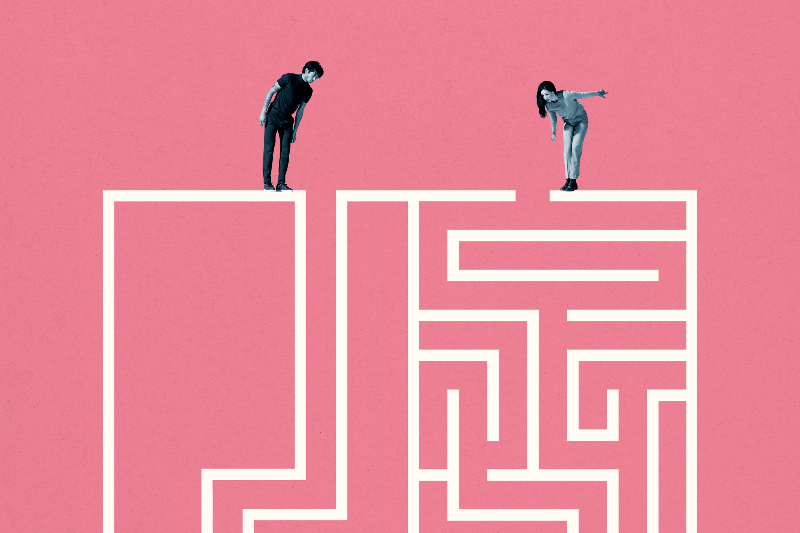
AUSTRALIA
- Sally Cowling
- 14 December 2021
4 Comments
In developing an understanding of place-based disadvantage, shame and stigma are transmitted between generations within the small number of communities we collectively fail. And yet no matter the number of indicators of place-based disadvantage, each community possesses some unique strengths.
READ MORE 
-
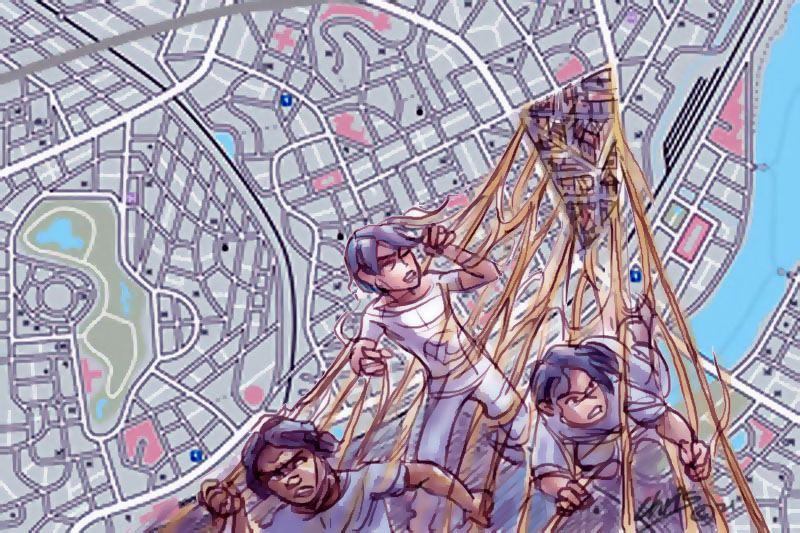
AUSTRALIA
- Ross Homel
- 09 December 2021
2 Comments
A small minority of localities situated outside Greater Brisbane suffer from disproportionately high rates of a wide array of problems including low income, overcrowding, long-term unemployment, particulate matter in the air, no internet, child maltreatment, and youth crime. These different strands of disadvantage pile-up and interlock, countering attempts to break free.
READ MORE 
-

AUSTRALIA
- Vincent Long Van Nguyen
- 28 September 2021
12 Comments
The Australian Government’s decision to buy nuclear-powered submarines has brought to the surface once again big questions around how governments should spend money, particularly during a pandemic. The Government has ditched a $90 billion plan for French submarines in favour of even more expensive boats from the United Kingdom or the United States.
READ MORE 
-
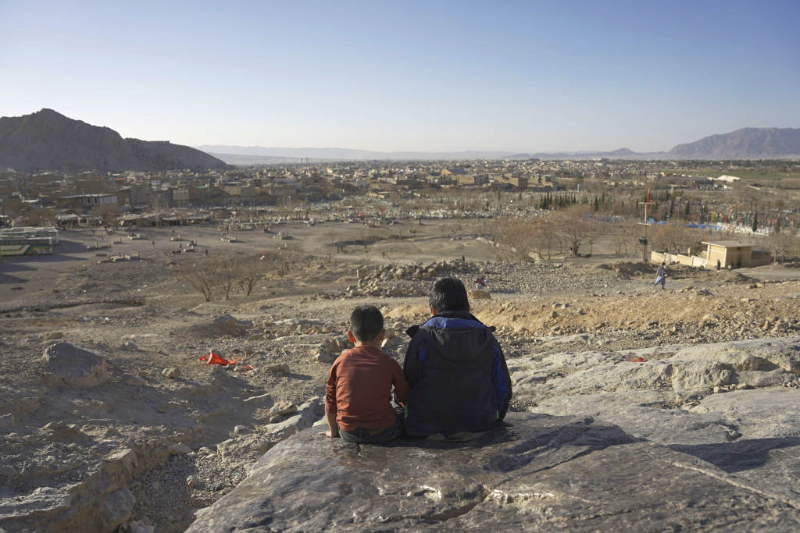
INTERNATIONAL
- Hava Rezaie, Hayat Akbari, Zaki Haidari
- 28 September 2021
6 Comments
It has now been over a month since the Taliban seized Kabul. As attention inevitably shifts elsewhere, the painful question arises: What's next? Is this another 'back to the future' moment? The signs are grim. Over the last two weeks, the Taliban have issued a number of edicts which demonstrate that their attitudes to women have not changed.
READ MORE 
-
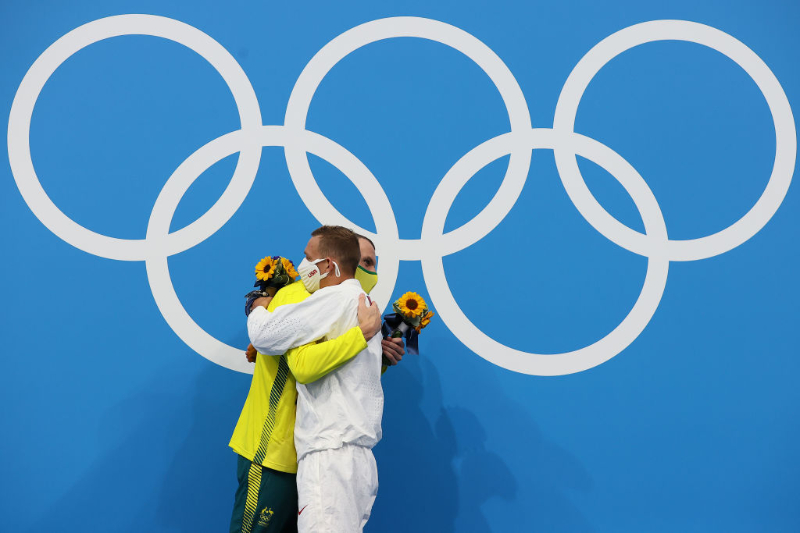
ARTS AND CULTURE
- Brenna Dempsey
- 14 September 2021
I have never paid much attention to the Olympics or Paralympics. The games always seemed too patriotic while simultaneously being too individualistic. Plus, I don’t enjoy watching people push themselves so hard for something to the point where they need to throw up. That said, I’m in Melbourne in lockdown, I’m working from home, and living alone and I need to have something on in the background while I work, or I feel too lonely. If I play music, I get distracted. So I decided to tune into the games and have them on in the background, volume low, to see if it helped me focus.
READ MORE 
-
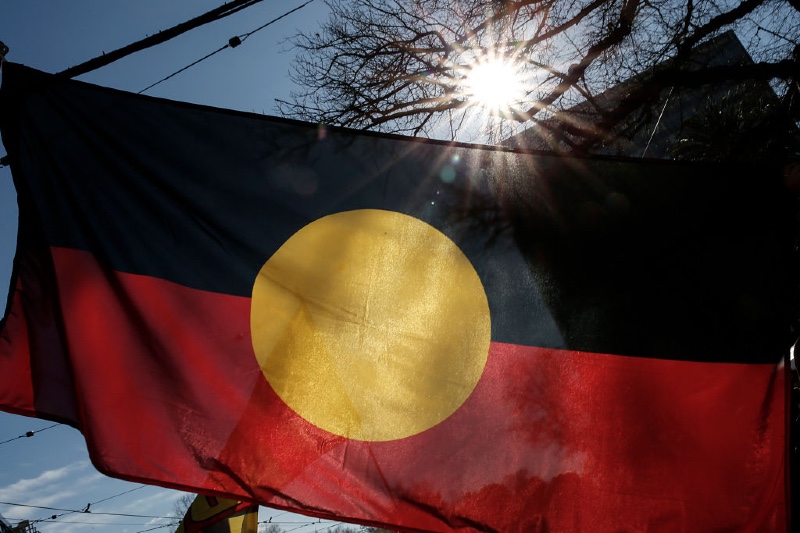
FAITH DOING JUSTICE
But it is possible the members of the Plenary could begin to hear a deeper voice speaking in their hearts. There may arise a new courage to start a process of truth and reconciliation, reporting the process of this journey to the second Plenary Council planned for Sydney, July 2022. We can only begin that journey if members of the Plenary Council come and are open to listening to that deep inner voice.
READ MORE
-
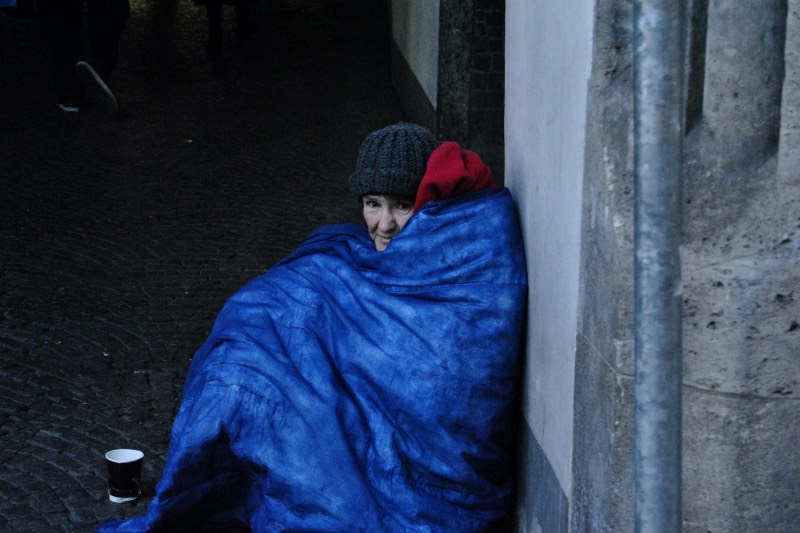
AUSTRALIA
- Michele Madigan
- 13 May 2021
9 Comments
A state government has an obligation to do what is possible within the limits of state resources to help its people, to make the state an inclusive place where all have access to essential services and housing. However, over the last few weeks, with the announcement of the funding restructure for homelessness services, this idea of a fair go seems to have dissipated.
READ MORE 
-
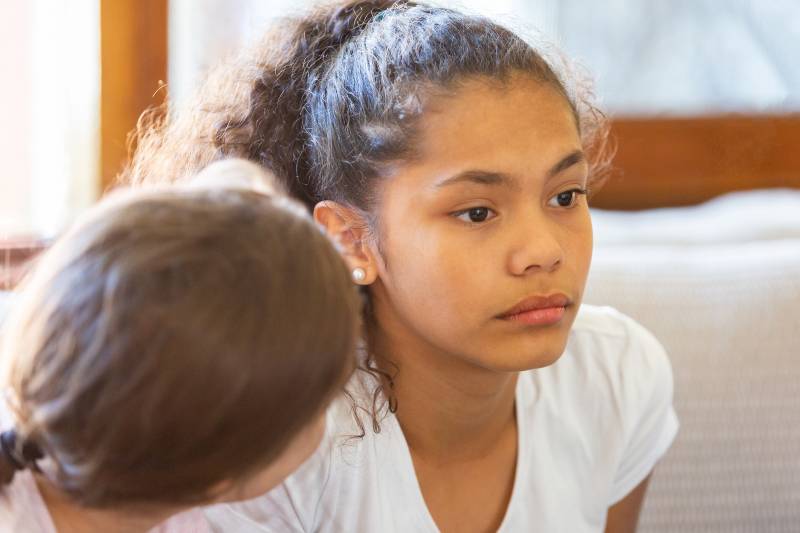
AUSTRALIA
- Celeste Liddle
- 22 April 2021
9 Comments
Due to the impacts of colonisation which have led to everything from loving intermarriage to acts of sexual violence, most Aboriginal people have non-Indigenous relations. Most of these people have, at some time or another, experienced racism within their extended family.
READ MORE 
-

FAITH DOING JUSTICE
There are many gems and reflections on ‘fathering’ in Pope Francis’s apostolic letter, Patris Corde ‘With a Father’s Heart’, in which he nominates 2021 as the year to honour the fatherhood of St Joseph. Francis’s letter is inclusive, encompassing the scope of fatherhood and the responsibilities fathering entails. ‘Fathers are not born, but made’, Francis says.
READ MORE 
-
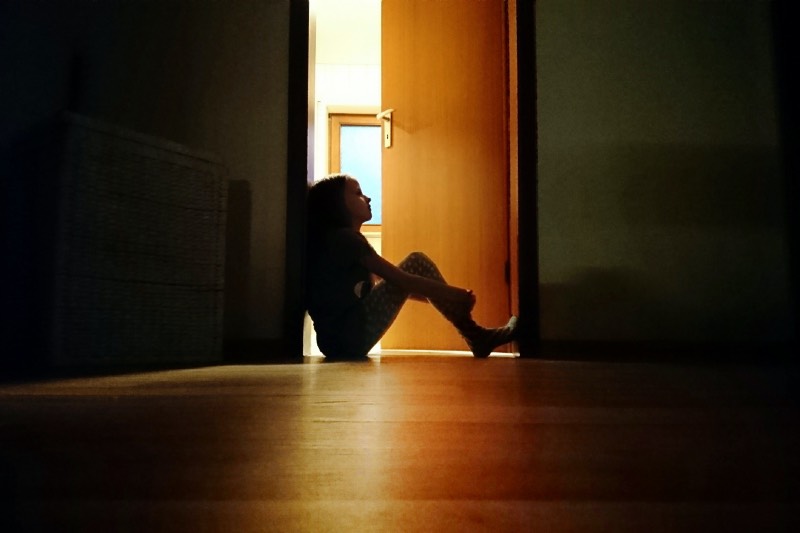
AUSTRALIA
- Barry Gittins
- 01 April 2021
11 Comments
We don’t want to admit the truth of who we are as a nation: there are Australians who are violent toward the people they say they love the most. Living among us are those who take what they want, out of entitlement, privilege and the naked use of power.
READ MORE 
-
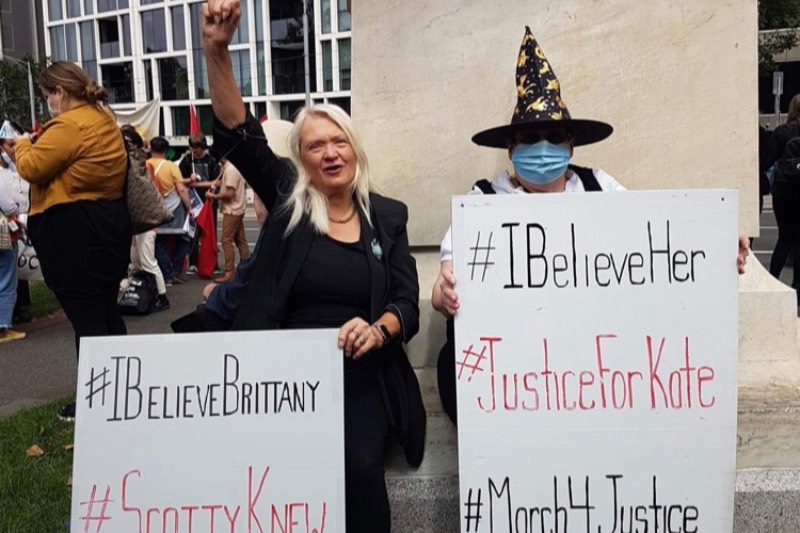
AUSTRALIA
- Fernanda Fain-Binda
- 18 March 2021
7 Comments
There were more than 5,000 people at Treasury Gardens. Across Australia, there were 40 marches from Adelaide to Wagga Wagga. All in, 100,000 people were involved either in person or signing a petition demanding change and accountability. It may be the biggest uprising of women that this country has seen, and it happened quickly.
READ MORE 
-
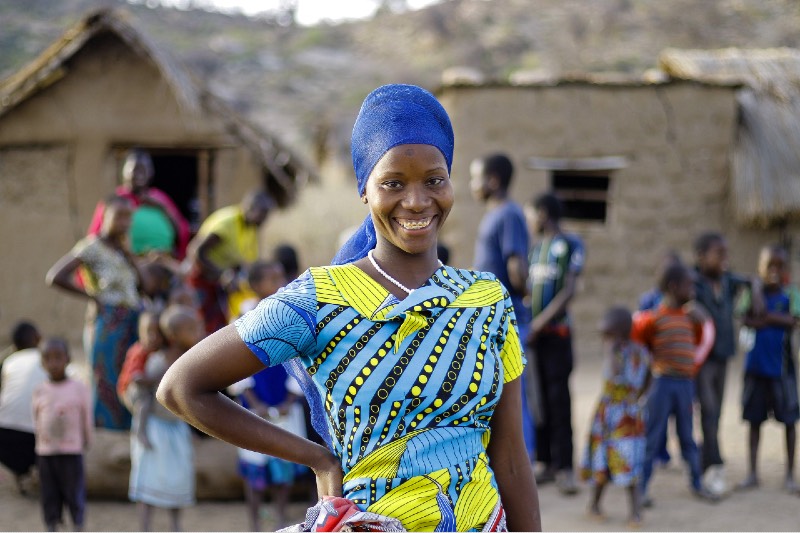
INTERNATIONAL
- Kirsty Robertson
- 09 March 2021
11 Comments
Empowering women and girls is also one of the most cost-effective and sustainable ways to promote positive change in a community, whether here in Australia or overseas.
READ MORE 